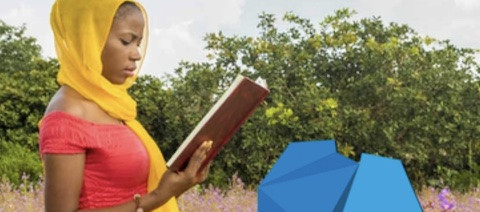The UNESCO Regional Office for Southern Africa (ROSA) in partnership with the SADC Secretariat commissioned a review of national curricula in SADC Member States to determine the level and kind of integration and teaching of Global Citizenship Education (GCED) and Southern African liberation history (SALH) in secondary school curricula.
The desk review revealed that the curricula of all 13 countries covered reflected some form of GCED components, whereas SALH education was minimally taught and if taught, it was presented with a national rather than a regional focus. The study identified best practices for integrating GCED and SALH in the curricula in SADC. It provides recommendations for UNESCO, SADC and governments on strengthening GCED and SALH education in the secondary school curricula.
The review report, available in three languages (English, French and Portuguese), is accessible here. The study covered secondary schools curricula in Angola, Democratic Republic of Congo, Eswatini, Lesotho, Malawi, Mauritius, Mozambique, Namibia, South Africa, Seychelles, United Republic of Tanzania, Zambia and Zimbabwe.
UNESCO and the SADC Secretariat promote regional integration, social cohesion, and peaceful coexistence in the region, targeting especially youth through teaching of Southern African Liberation History (SALH), which is part of the broader concept of Global Citizenship Education. This work supports the integration of global citizenship values and competences among youth, both in formal and non-formal education settings.
The aim of the study was thus to investigate how the concepts and related values of GCED and SALH have been integrated in the curriculum to educate future citizens who can think locally, regionally and globally as members of the Southern African Development Community (SADC). The study was conducted to further allow UNESCO the SADC Secretariat and the national stakeholders to identify suitable entry points to integrate GCED and SALH into the curricula. It examined how GCED and SALH education were taught in secondary schools and the extent to which the two concepts were articulated in terms of learning objectives and values.
Specific emphasis was placed on GCED as a pedagogical approach based on human rights and a concern for social justice, which enables individuals to act collaboratively and responsibly to find global solutions to global challenges and to strive for the collective good for all. Emphasis was further placed on SALH education with a view to ascertaining how Ubuntu (Humanity), inclusivity and how the liberation movement ideology of African oneness could be used to achieve similar learning outcomes as those of GCED. The role of education is central to harness universal values to build peace, solidarity, and regional integration on the continent. The review further examined the extent GCED and SALH education learning outcomes were precise, measurable, and clearly defined in the curriculum.


